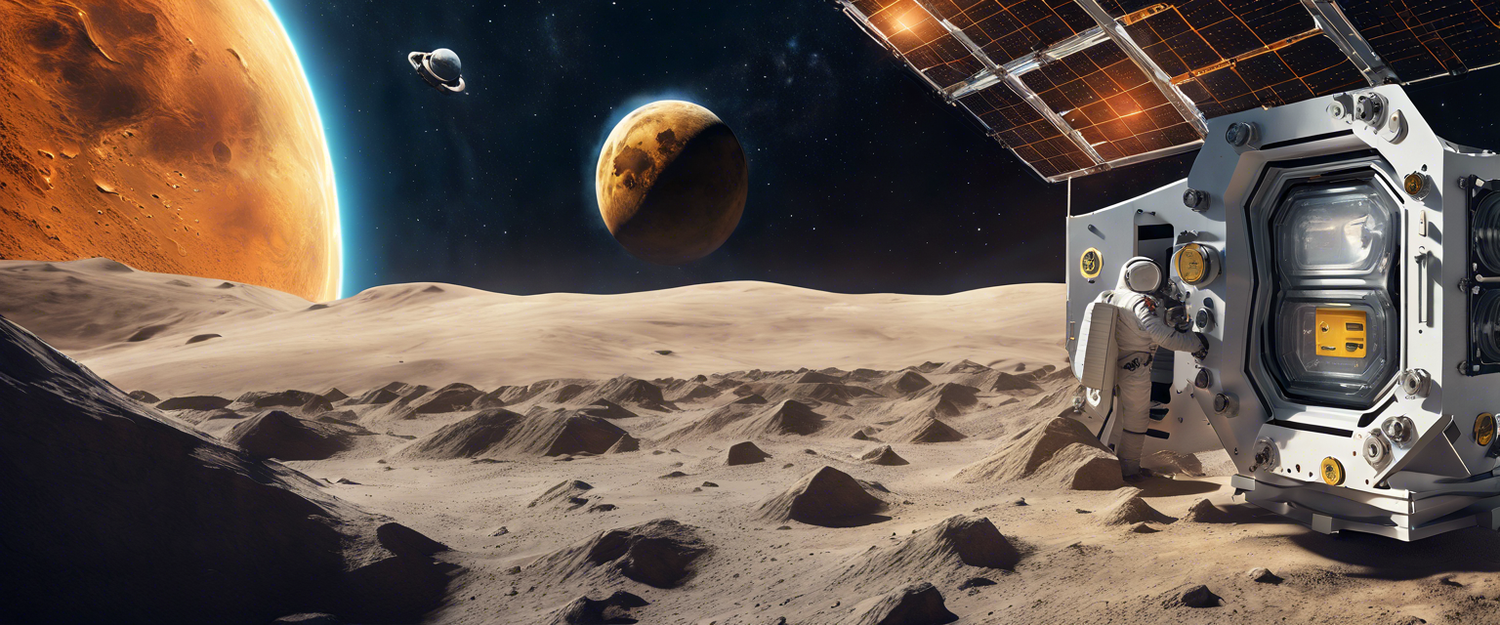The Future of Cryptocurrency Mining: Exploring Space as a Viable Option
Recently, Canadian computer scientist and Bitcoin Core developer Peter Todd delved into a groundbreaking concept: the potential for establishing Bitcoin mining operations in space. In his blog post, Todd presented a compelling argument that space-based cryptocurrency mining is not only possible with today's technology but could also become economically viable if the costs associated with sending cargo into space are reduced.
Understanding the Concept of Space Mining
The idea of mining cryptocurrency beyond our planet has been a topic of vibrant discussion within the cryptocurrency community for years. Proponents tout the numerous benefits of space mining, such as:
- Harnessing Unlimited Solar Energy: Unlike Earth, where energy sources can be limited and dependent on weather conditions, space offers a boundless supply of solar energy.
- Reducing Earth's Carbon Footprint: By moving mining operations off-planet, we can significantly decrease environmental impacts related to cryptocurrency transactions.
However, critics have raised concerns, particularly regarding the centralization risks posed by the steep costs of deploying and maintaining mining facilities in space. Technological challenges, including the need for efficient cooling systems and addressing latency issues, have also been a focal point of debate among supporters and detractors.
Addressing Common Concerns
In his exploration, Todd responded to prevalent objections regarding space mining. He countered issues such as the challenges associated with cooling equipment and the high-latency that typically complicates remote operations:
- Cooling Equipment: Todd explained that space allows for radiative cooling, which efficiently dissipates heat through thermal radiation, negating some of the cooling challenges found on Earth.
- Latency Issues: By strategically positioning mining operations in sun-synchronous orbits, it may be possible to minimize latency, crucial for the functionality of crypto networks.
By backing his claims with thorough calculations and simplified explanations, Todd challenged the prevailing assumption that space mining is technologically infeasible.
The Economic Feasibility of Space Mining
However, Todd underscored that the economic viability of space mining ultimately depends on further reducing launch costs. He posited that if a balance could be reached between launch expenses and potential profits, the economic landscape for space mining could significantly improve.
Current Efforts to Decrease Launch Costs
Several initiatives are currently underway to lower the costs associated with launching cargo into space:
- SpaceX's Advancements: SpaceX, led by Elon Musk, has been at the forefront of efforts to enhance launch efficiency. The company’s Starship rocket recently set a record for the largest rocket launch, aiming to increase payload capacity while simultaneously cutting launch expenses.
Musk envisions using this groundbreaking technology not only for human colonization of Mars but also as a potential vehicle for enabling cost-effective extraterrestrial cryptocurrency mining.
The Road Ahead for Space-Based Cryptocurrency Mining
While the idea of mining cryptocurrency in space opens up exciting possibilities, it is clear that substantial work remains to be done. The interplay between technological advancements and economic viability will be crucial in determining whether space-based cryptocurrency mining can transition from a theoretical concept into reality.
Stay tuned for future developments in this burgeoning field, as advancements continue to unfold in both the tech and economic realms.



댓글 남기기
모든 댓글은 게시 전 검토됩니다.
이 사이트는 hCaptcha에 의해 보호되며, hCaptcha의 개인 정보 보호 정책 과 서비스 약관 이 적용됩니다.